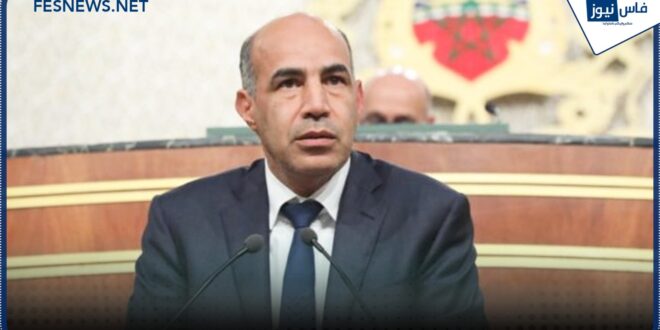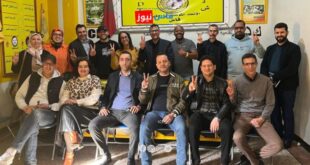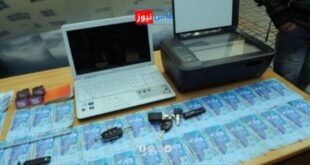During the session of the House of Councillors on Tuesday, January 7, 2025, Hicham Sabri, the newly appointed State Secretary to the Minister of Economic Inclusion, Small Enterprises, Employment, and Skills, addressed several pressing issues concerning labor rights and employment conditions in Morocco. Sabri showcased a comprehensive vision of the current situation and emphasized the importance of striking a balance between workers’ rights and improving their working conditions.
In his speech, Sabri discussed the ongoing protests in various sectors, questioning their underlying motivations: are these protests against fundamental rights, or are they driven by demands to improve working conditions? He affirmed that workers enjoy fundamental rights guaranteed by the constitution but highlighted their pursuit of better living and working conditions. Sabri viewed these protests as a positive expression of legitimate demands, provided they occur within the framework of labor unions, avoiding the chaos that could infiltrate the cultural fabric in the absence of institutional coordination.
Sabri critically addressed the concept of “workers’ representatives,” suggesting that without robust union structures, this group might inadvertently contribute to disorder. He underscored the importance of maintaining institutional frameworks to ensure labor market stability and warned against the concept of “constructive chaos,” which he argued could lead to the disintegration of labor structures. He emphasized that this notion must be collectively resisted in all countries.
On the topic of labor definition, Sabri highlighted the evolution of the concept within economic and social thought. He noted that earlier theories treated labor as a commodity designed to generate surplus value, a notion that has since been discredited and revised. He elaborated on modern definitions of labor rights in line with international conventions and national legislation that safeguard workers’ rights.
Sabri referred to a 2022 report by the Economic, Social, and Environmental Council, which revealed that 26% of labor protests were caused by delayed wage payments, 18% by the absence of employment contracts, and 17% by the failure to register workers with the social security fund. He asserted that negative protests arise when regulatory authorities fail to rigorously enforce labor rights, framing such shortcomings as a collective responsibility.
Concluding his speech, Sabri commended the efforts of labor inspectors in resolving collective disputes. In 2024, these inspectors successfully mediated 531 collective labor disputes and prevented 488 strikes through proactive interventions. He highlighted their critical role in promoting stability and fairness in the labor market.
Sabri’s address outlined a clear roadmap for improving workers’ conditions and ensuring their rights within a structured and institutional framework. He underscored the pivotal roles of unions and strict regulatory oversight in fostering a stable and equitable labor market.
source : fesnews media
 فاس نيوز ميديا جريدة الكترونية جهوية تعنى بشؤون و أخبار جهة فاس مكناس – متجددة على مدار الساعة
فاس نيوز ميديا جريدة الكترونية جهوية تعنى بشؤون و أخبار جهة فاس مكناس – متجددة على مدار الساعة













